
With this product, writes anthropologist Sally Applin in MIT's Technology Review, "Facebook is claiming the face as real estate for its own technology."

Gillian Tett, anthropologist and chair of the US editorial board of the Financial Times, has published - in the Guardian - her list of 10 books offering insights into how we structure our lives.
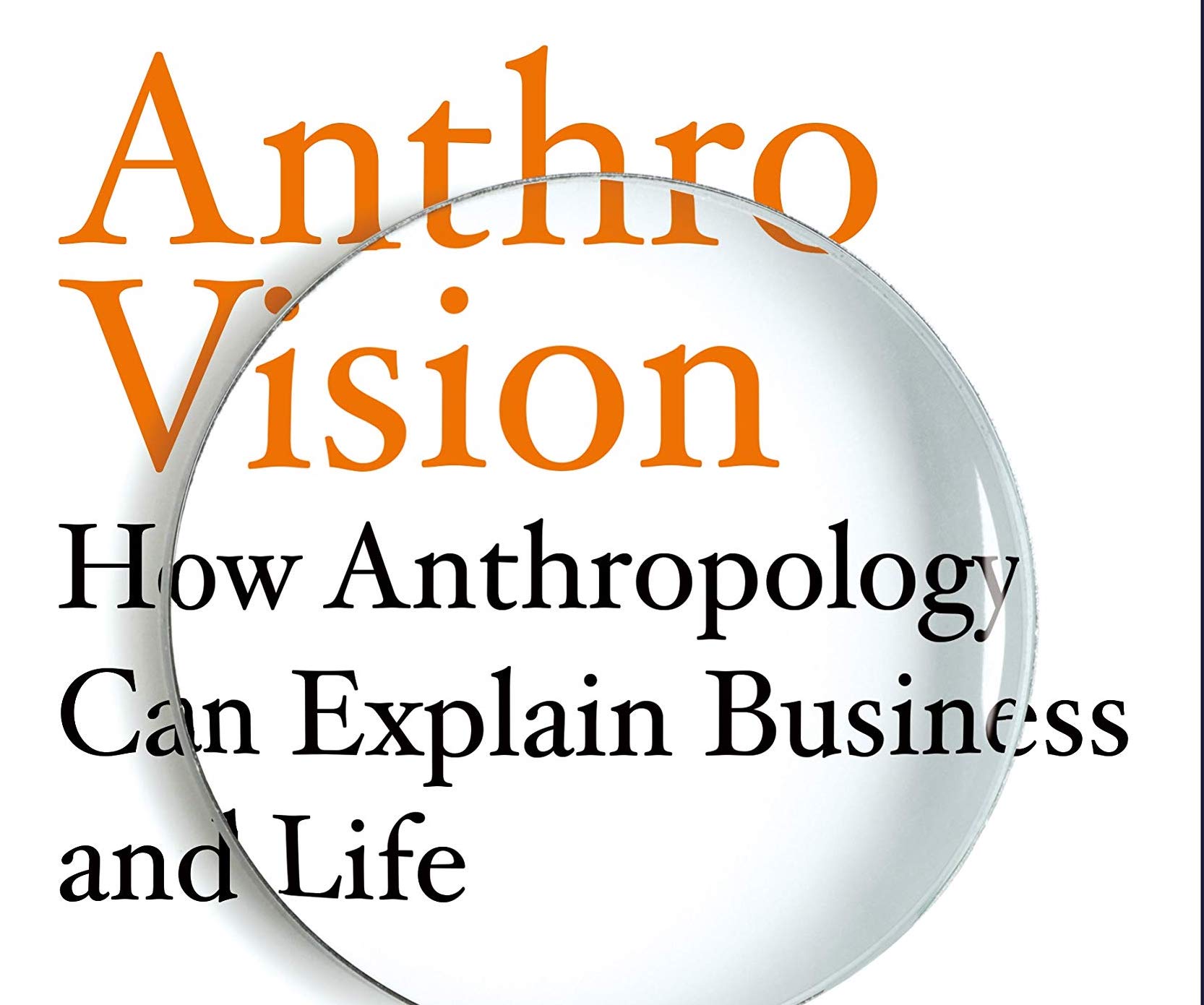
If there’s one simple message for the general reader in her new book Anthro-Vision it is this: the promise and value of anthropology lies in making visible that which is close to hand but ignored. It offers a means to see the world differently.
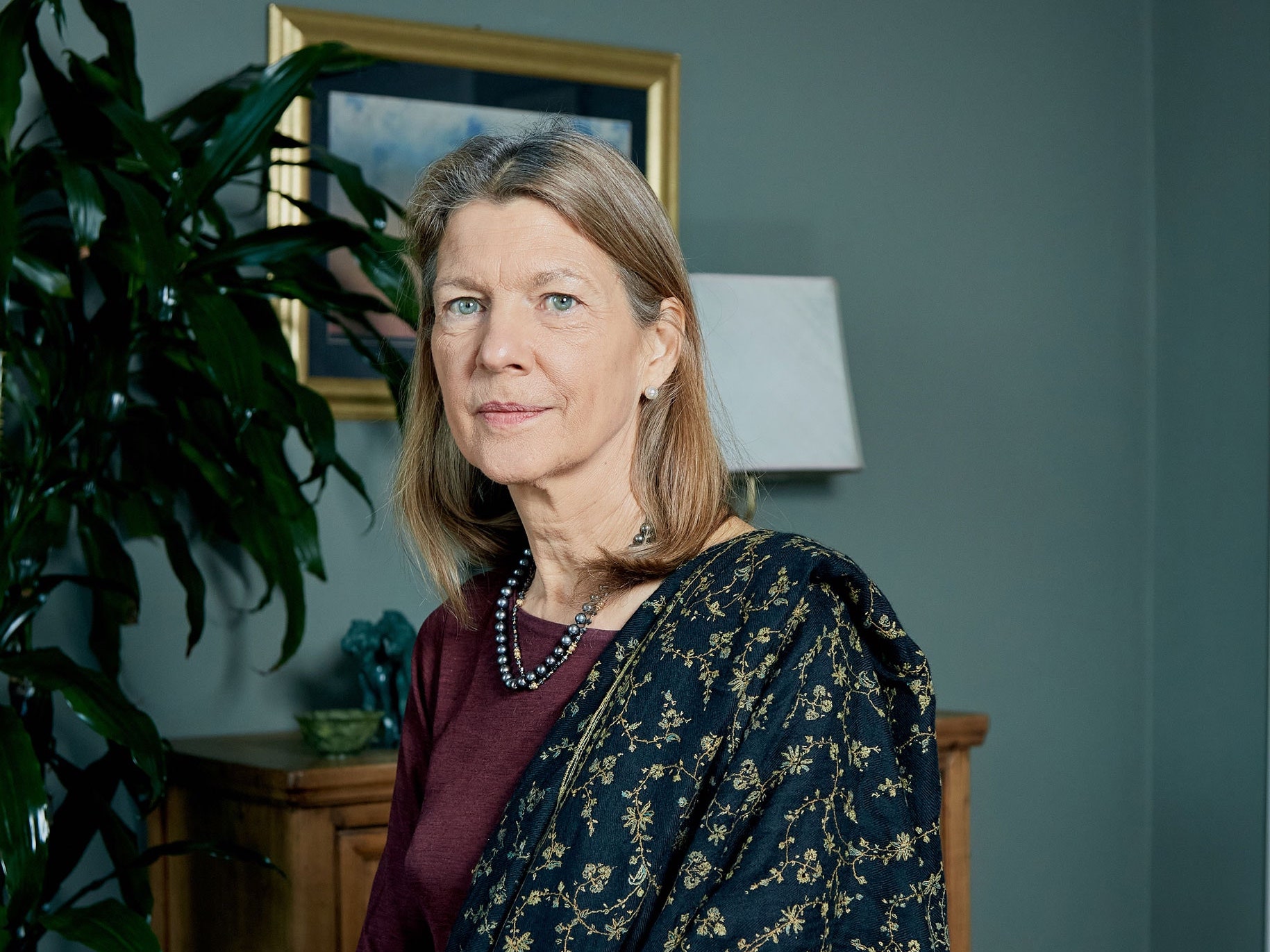
Heidi Larson studies vaccine rumors—how they start, and why some flourish and others wither. Tackling misperceptions individually is like eliminating a single microbial strain: when one germ is gone, another will bloom. Instead, the entire ecosystem must be rehabilitated.

Rather than trying to fix the biases of AI systems and their human error, we need to find ways to coexist with it. Anthropology can help us a lot here.

In a world shaped by one AI, artificial intelligence, we need a second AI, too — anthropology intelligence, writes Gillian Tett in the Financial Times.

A book about the life of data and living with data.

In an age when the business world is dominated by technology and data analysis, award-winning financial journalist and anthropology PhD Gillian Tett presents a radically different strategy for success: businesses can revolutionize their understanding of behavior by studying consumers, markets, and organizations through an anthropological lens.

Why does the world need anthropology and anthropologists? This collection of essays written by prominent academic, practising and applied anthropologists aims to answer this provocative question.

Special issue of the Journal of the Royal Anthropological Institute

In a year in which Covid-19 has forced researchers to resort to online research, what opportunities for the industry exist in digital ethnography? Liam Kay of ResearchLive reports on the highlights of the Market Research Society’s Digital Ethnography Summit:
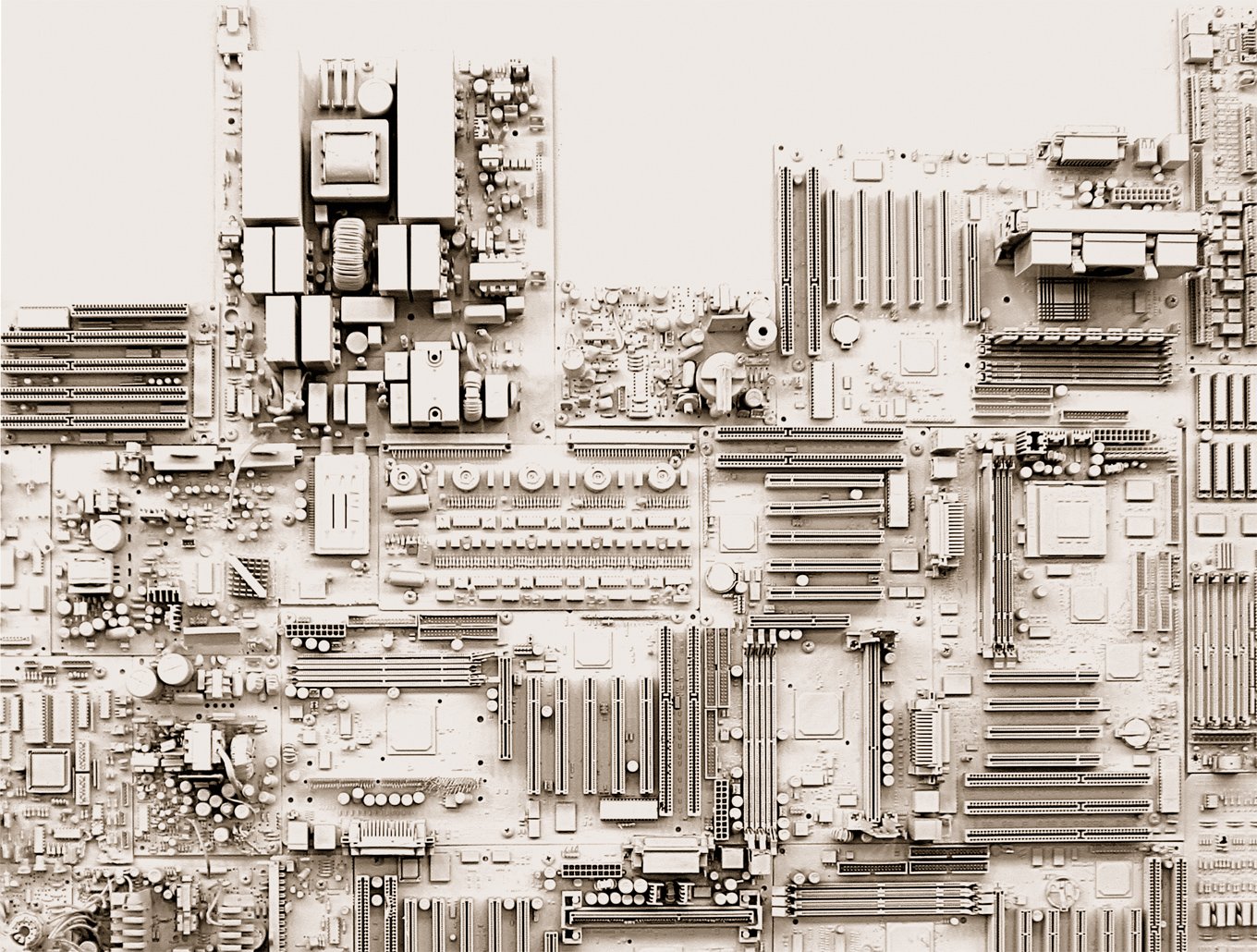
A bold reassessment of "smart cities" that reveals what is lost when we conceive of our urban spaces as computers
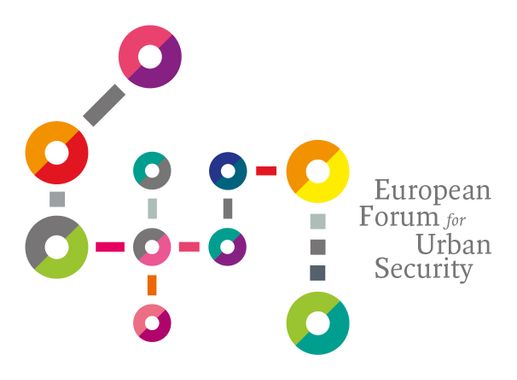
On 24 November Elena Guidorzi, research unit coordinator of Experientia, will speak at the EFUS web conference entitled "Reducing and preventing the feeling of insecurity at night", highlighting her experience coordinating the ToNite project.
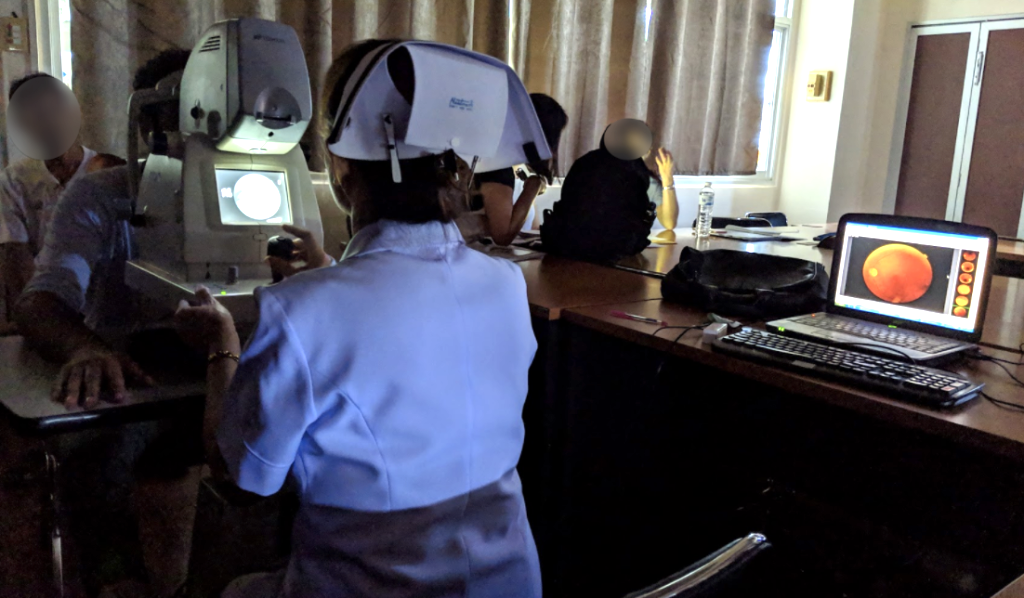
The gulf between the technical brilliance claimed for Google's deep learning model and its real-world application points to a common problem that has hindered the use of AI in medical settings.
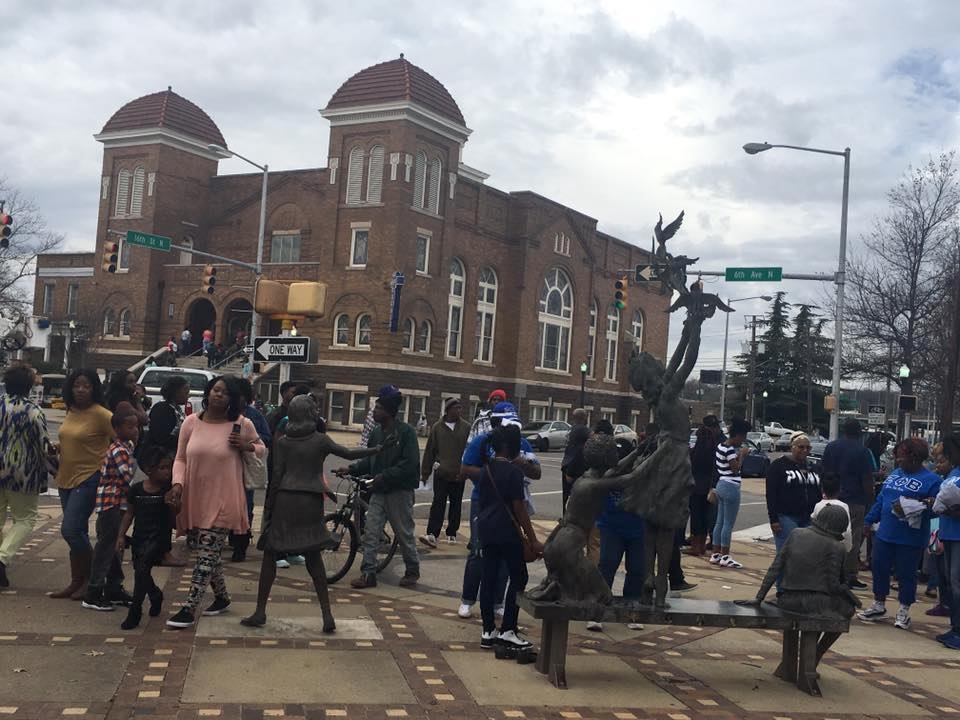
In this article, Lylo Trotta explain the value that both contextual inquiry and ethnographic research provide and discuss why these practices are a crucial, even indispensable part of UX research and design.

The Gogle Wellbeing Lab joined up with the company's Pixel team to run an ethnographic study across four countries, examining the relationship people in the United States, Germany, India, and South Korea had with their selfies.
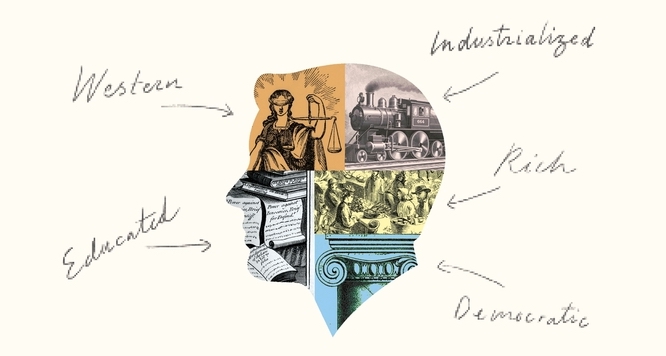
Provocative and engaging in both its broad scope and its surprising details, The WEIRDest People in the World explores how culture, institutions, and psychology shape one another, and explains what this means for both our most personal sense of who we are as individuals and also the large-scale social, political, and economic forces that drive human history.
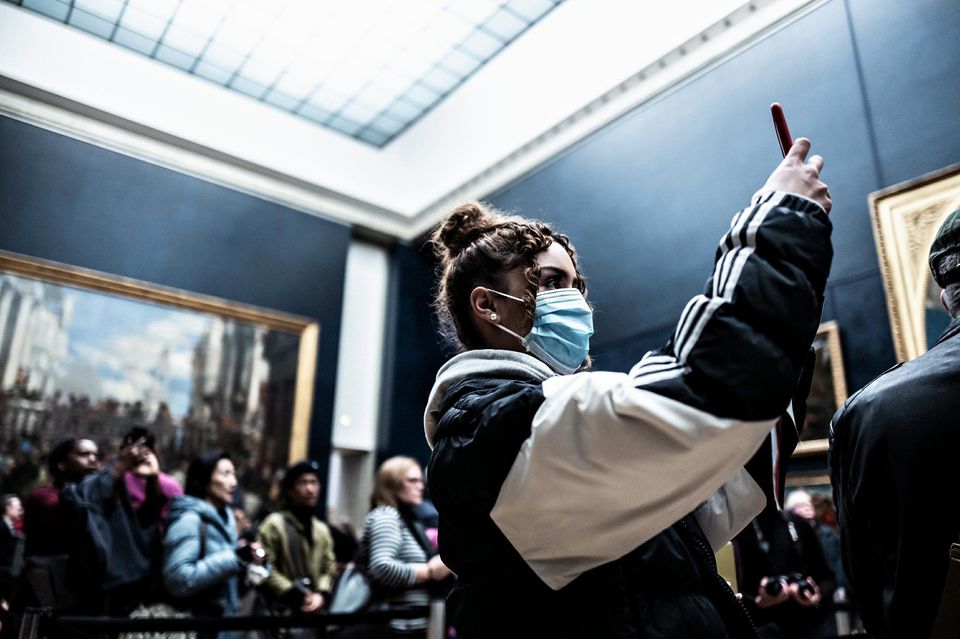
Sur la base d'une enquête de terrain menée Genève, Los Angeles et Tokyo, cet ouvrage aborde la dimension proprement anthropologique du smartphone.
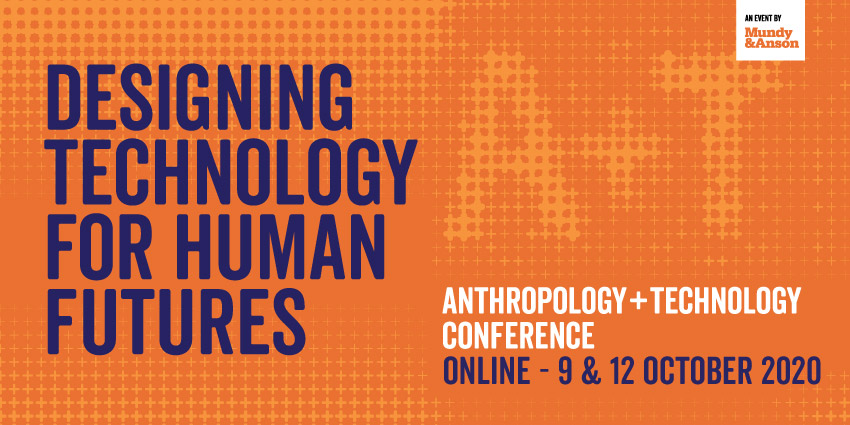
The Anthropology + Technology conference brings together pioneering technologists and social scientists from across the globe. Its aim is to facilitate dialogue on emerging technology projects in order to help businesses benefit from more socially-responsible AI.
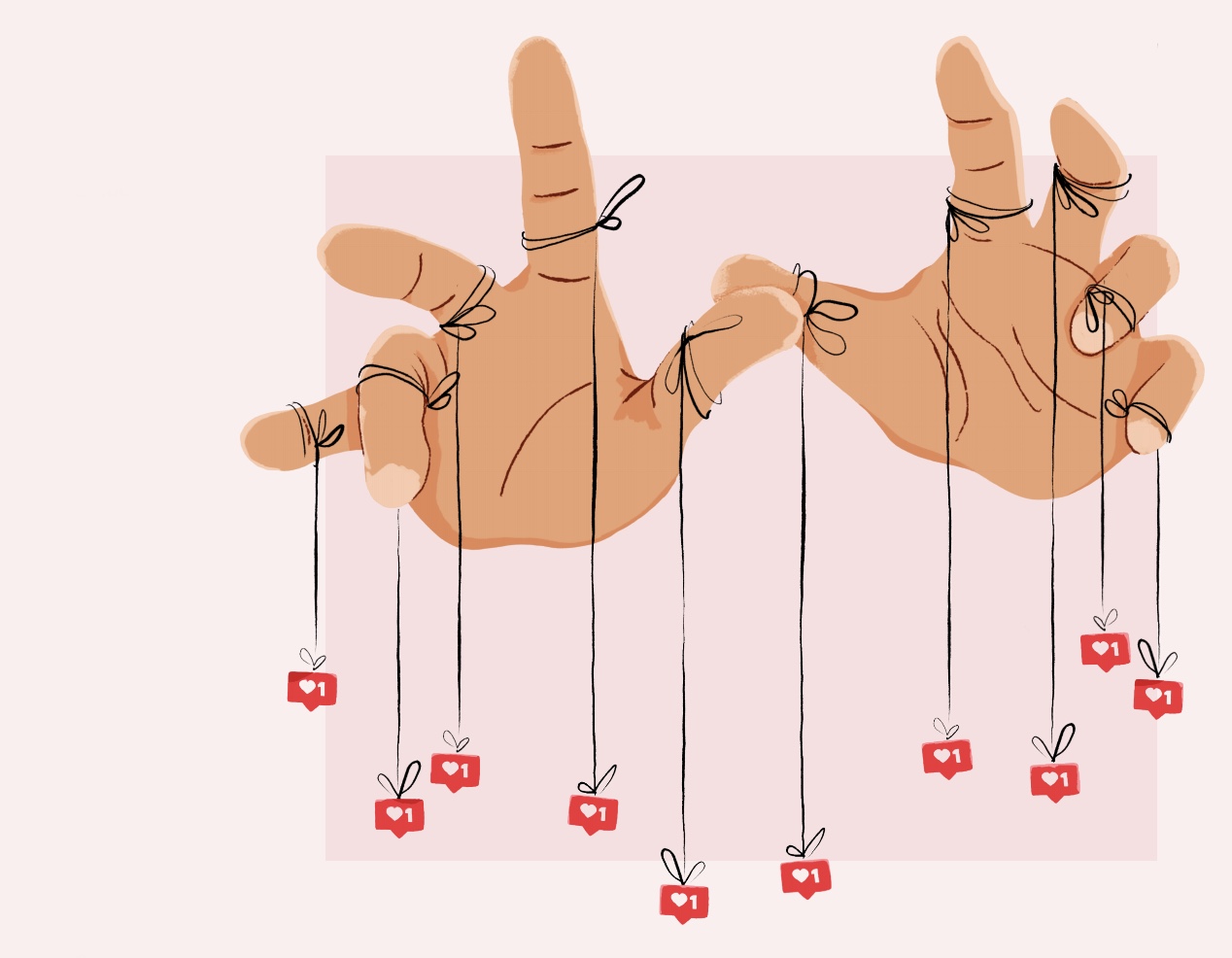
Research has gradually revealed the extent to which online manipulation has been weaponised to affect societies in almost every important way that society works.
Yet while almost everyone is touched in one way or another by online manipulation, only a tiny part of society has generally been involved in confronting it.




















